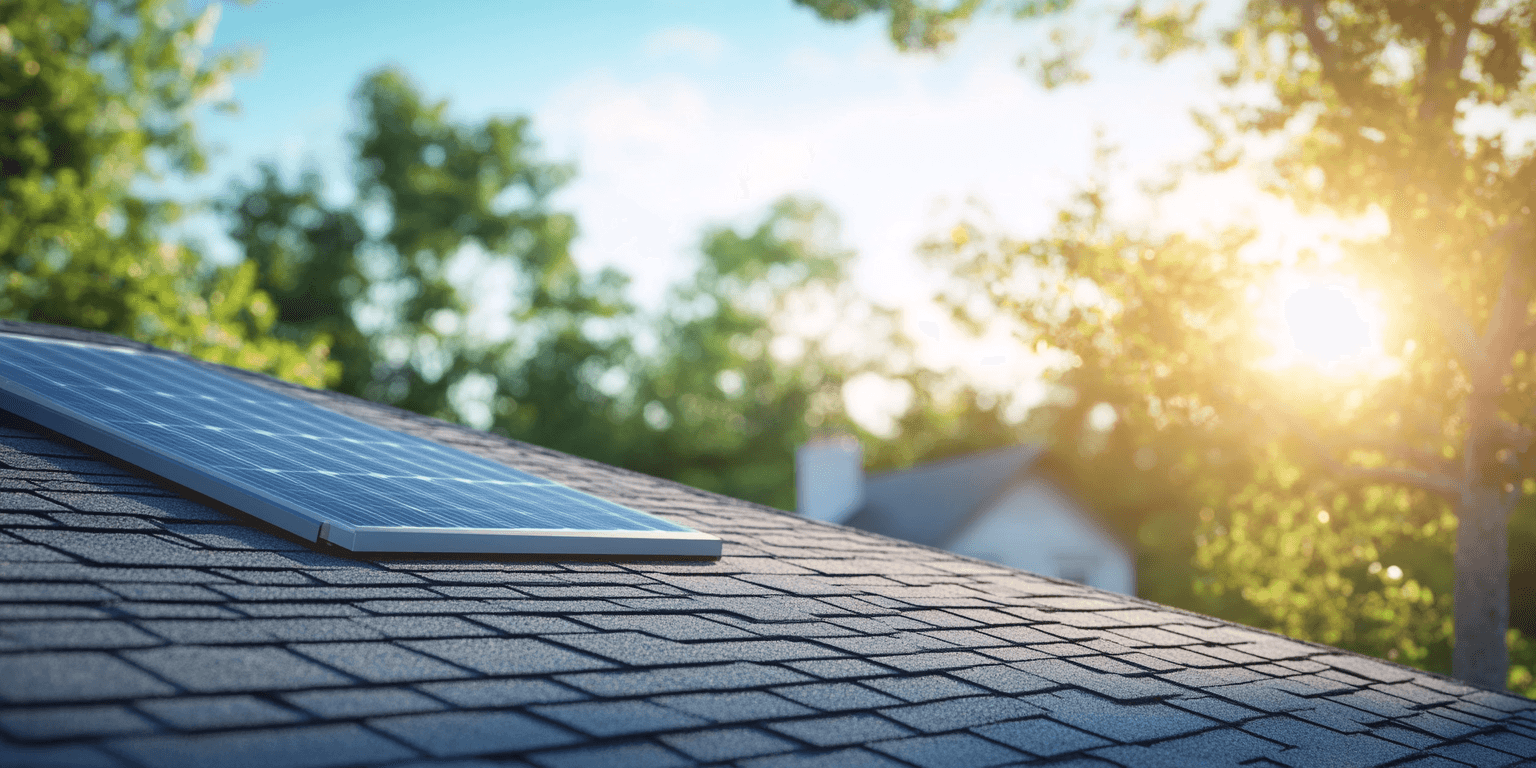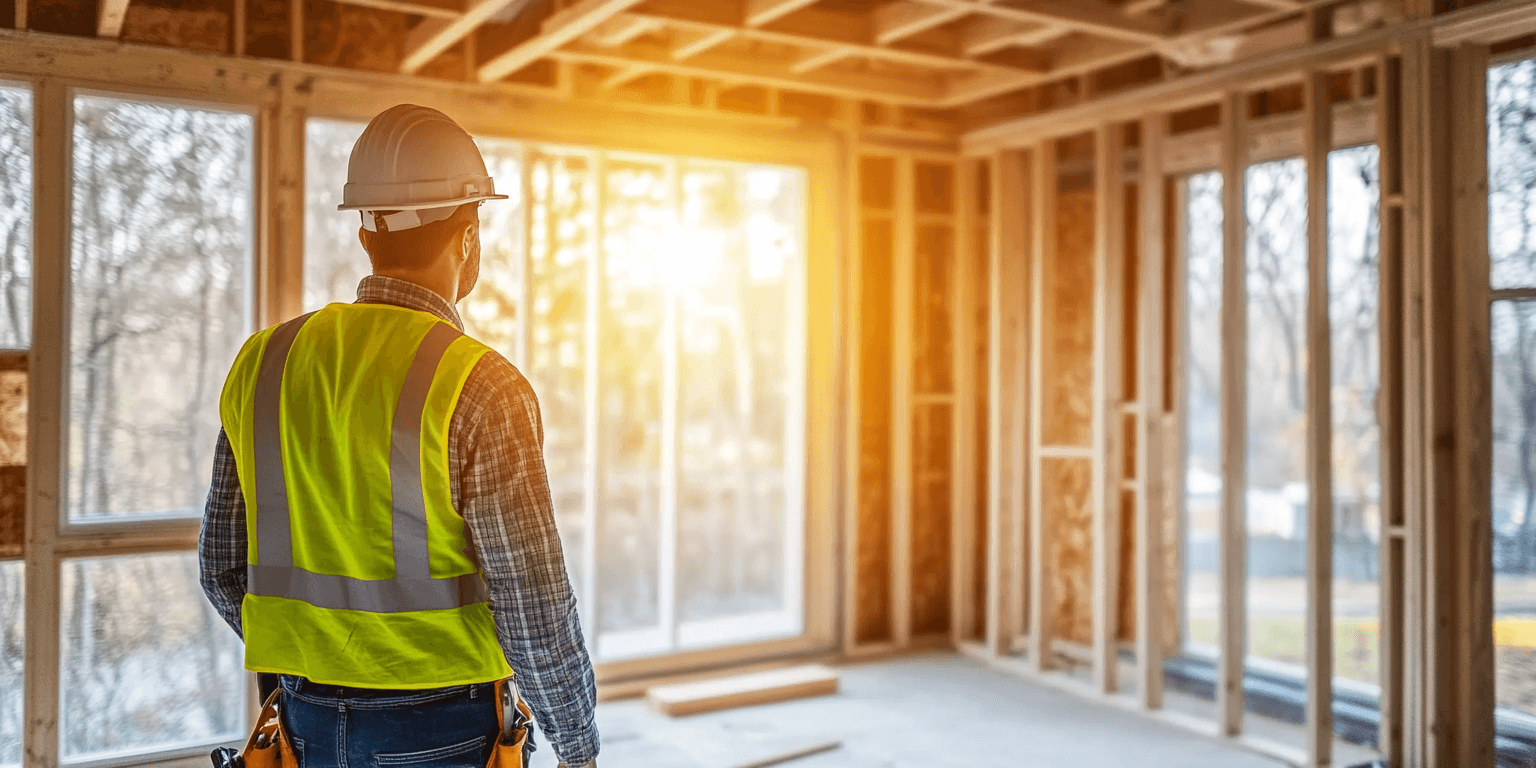Buying a new construction home can feel like a guarantee of a flawless, move-in-ready property. After all, everything is brand new, from the roof to the appliances. However, even newly built homes aren’t immune to issues that can affect their safety, functionality, and long-term durability. That’s why a thorough home inspection is just as important for new construction homes as it is for older properties.
At 1st Choice Inspection Services TREC#9175, we provide detailed inspections that help buyers uncover potential problems in new construction homes, giving you peace of mind before you move in.

It’s easy to assume that a new home, built with modern materials and technologies, would be free of defects. However, new construction homes are often rushed to meet deadlines, involve multiple contractors, and can have hidden issues that aren’t immediately obvious. Here’s why a professional inspection is critical:
Even the best builders can make mistakes, and sometimes these errors aren’t caught during the construction process. A home inspection can identify problems like:
Inspecting a new home before closing gives you the opportunity to address any construction errors with the builder while your warranty is still active.
Building codes exist to ensure that homes are constructed safely and meet certain standards for electrical, plumbing, and structural integrity. While builders are supposed to follow these codes, mistakes or oversights can happen. A professional home inspector will verify that your new home complies with local building codes and industry standards.
Common issues that may arise include:
By catching code violations early, you can have them corrected before you move in, avoiding safety risks and potential headaches down the line.
Many builders offer warranties that cover certain repairs for a limited time, typically one year for general issues and up to ten years for structural concerns. Having an inspection completed before your warranty expires allows you to document any problems that need fixing under the builder’s warranty.
A thorough inspection may reveal issues such as:
By identifying these issues early, you can take advantage of your builder’s warranty to ensure everything is fixed to your satisfaction.

A new construction inspection is a comprehensive evaluation of the home’s major systems and components. Here’s what you can expect from the inspection process:
The inspector will examine the foundation, framing, and overall structure of the home to ensure it’s built properly and free of defects. This includes checking for:
The electrical system is critical to the safety and functionality of your home. The inspector will check for:
Plumbing issues can lead to costly water damage if left unaddressed. The inspector will assess:
Your heating, ventilation, and air conditioning (HVAC) system should be properly sized and installed to ensure efficient operation. The inspector will evaluate:
The inspector will also evaluate the overall quality of the home’s finishes, including:
Exterior siding and trim: Ensuring that siding is properly installed and sealed to prevent water infiltration

There are a few key points in the construction process when an inspection can be most beneficial:
Before the walls are closed up with drywall, it’s a good idea to have the home inspected. This allows the inspector to see the home’s inner workings—such as the framing, electrical wiring, and plumbing systems—while they’re still exposed. Catching any issues at this stage can make them easier and less expensive to fix.
Once construction is complete but before you close on the home, a final walk-through inspection is essential. This inspection ensures that everything is in working order and that any issues can be addressed with the builder before you take possession of the property.
If your builder offers a one-year warranty, scheduling an inspection around the 11th month is a smart move. This inspection will help you identify any issues that have developed since you moved in, allowing you to make warranty claims before your coverage expires.
Even new construction homes can have hidden issues that affect safety, functionality, and long-term durability. A thorough home inspection provides peace of mind by identifying potential problems early, ensuring that your home meets code requirements, and giving you the opportunity to address any issues with the builder’s warranty.
At 1st Choice Inspection Services TREC#9175, we specialize in inspecting new construction homes to help buyers move in with confidence. Whether you’re purchasing a newly built home or nearing the end of your builder’s warranty, our inspections provide the comprehensive evaluation you need to protect your investment.
Yes, even brand-new homes can have construction defects or installation issues. An inspection ensures that the home was built correctly and meets safety standards before you move in.
It’s ideal to schedule an inspection at multiple stages—during pre-drywall, at the final walk-through, and before your builder’s warranty expires (around the 11th month).
If the inspection reveals problems, you can address them with the builder before closing. If the issues arise after you’ve moved in, they may still be covered under the builder’s warranty.
Most new construction homes come with warranties that cover certain repairs for a limited time. A home inspection helps you take full advantage of the warranty by identifying any issues early.
A new construction inspection covers all major systems and components, including the structure, electrical system, plumbing, HVAC, roofing, and interior/exterior finishes.